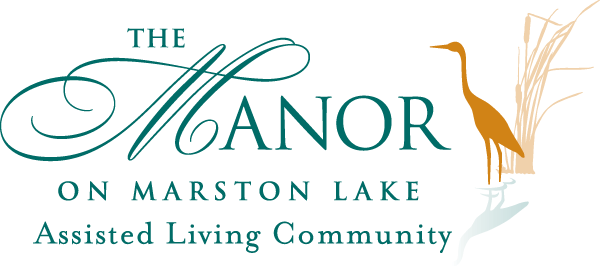Alzheimer’s disease, as with so many forms of dementia, is a sad affliction to watch anyone struggle with. There is much research being done into prevention and cures from the medical end of the struggle, and all anyone wants who sees their loved ones struggling with Alzheimer’s is to see their memory and recall improve. At this point, there is no magical answer, no panacea that will make it all go away. But there are things that can be done to improve the mental condition of an elderly loved one that is struggling with Alzheimer’s disease.
What is Alzheimer’s?
Alzheimer’s disease is a chronic neurodegenerative disease that accounts for about 60 to 70 percent of all cases of dementia. It’s associated with a buildup of plaque in the brain, head injuries, hypertension, and with a family history of affliction with the disease. 48 million people in the world are suffering from it as of this writing.
Treatment and Prevention
People have been, for years, looking for ways to treat it, or to delay the onset. One of the most interesting findings is that people who are often engaged in what are considered ‘intellectual activities’, things like reading, writing, playing musical instruments, even people who commonly are socializing, have a decreased rate of Alzheimer’s disease.
Can Solving Puzzles Help?

This brings us to puzzles. Solving puzzles is most definitely an ‘intellectual activity’, whether the puzzle is a crossword puzzle or figuring out where the words are in a jumble or trying to rearrange letters to spell out another word, or even if you’re just doing Sudoku (which I still don’t enjoy to this day). There are studies suggesting that doing puzzles can help to prevent the onset of Alzheimer’s disease, or at very least delay it.
Researchers have tracked the build-up of a substance in the brain called ‘beta-amyloid’, which is a toxic protein that is the main component of the brain plaque that is characteristic of Alzheimer’s disease, and compared the rates of build-up against a questionnaire where volunteers indicated how often they did cognitively intense activities like reading or puzzle solving. The findings were surprising to say the least.
The more often someone engages in these mentally stimulating activities, the less buildup of beta-amyloid they were likely to experience. The brains of the seniors who most often engaged in mentally stimulating activities were comparable to those of young people.
Now, that isn’t to say that there’s a direct link. The researchers found that those most likely to engage in mentally stimulating activities were also most likely to be physically fit and to enjoy a good lifestyle when it comes to health and the like. But there is some hope that there is a real link between stimulating the mind and being able to prevent or at least delay the onset of the disease.
So, it’s not too early to begin thinking about combatting Alzheimer’s disease, especially if there’s a genetic risk. Engage in regular problem solving. Learn an instrument. Learn a second language. Make sure to eat better and cut down on the red meat. Doing these things may well lead to better health and to avoiding Alzheimer’s disease, among its many other benefits.
